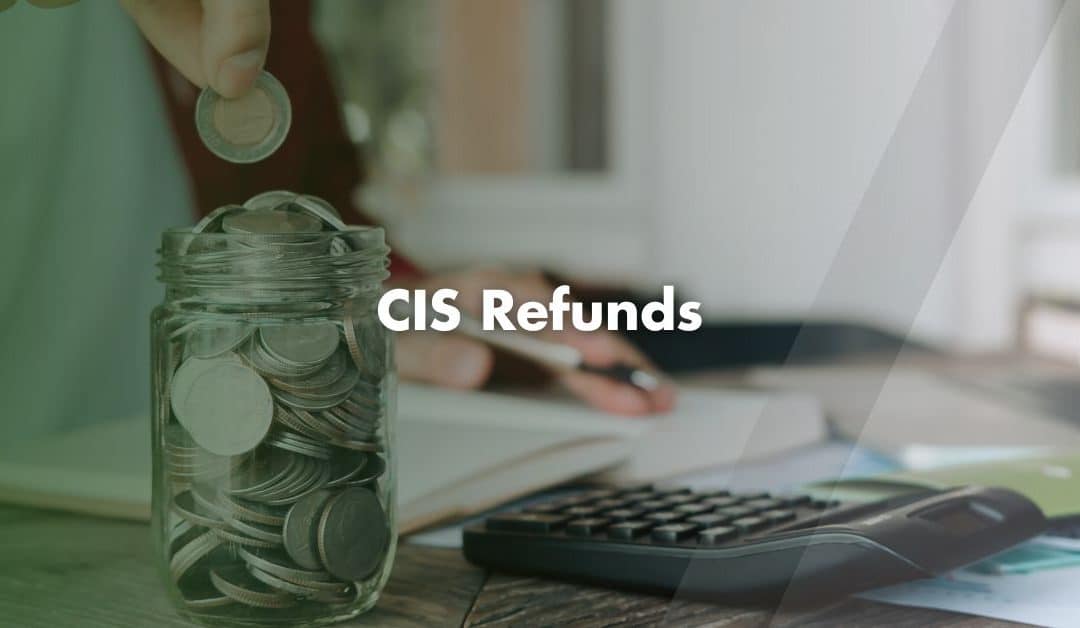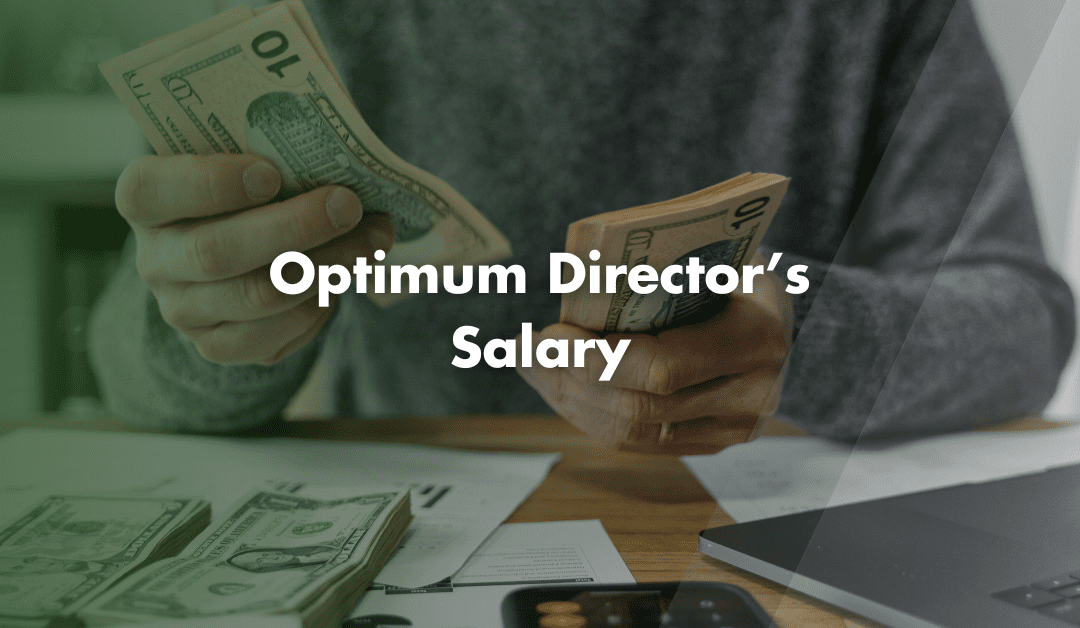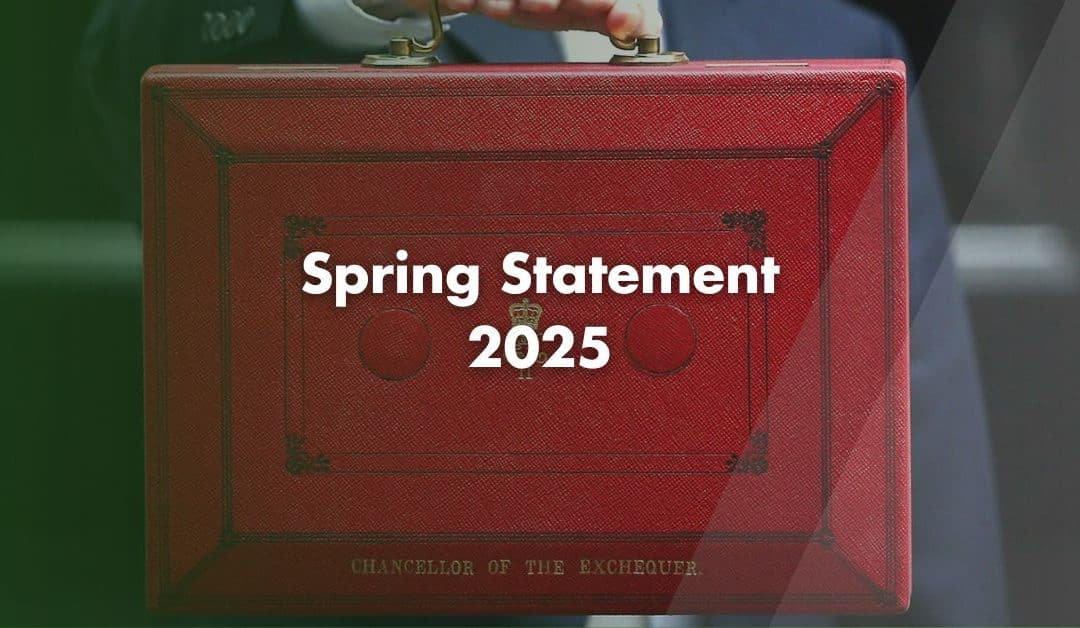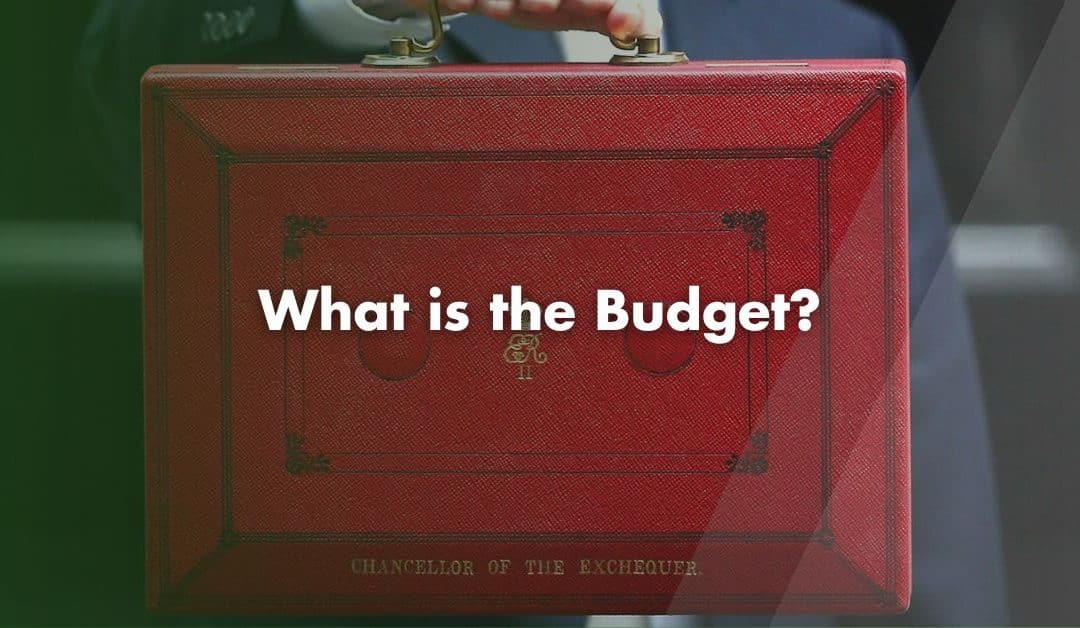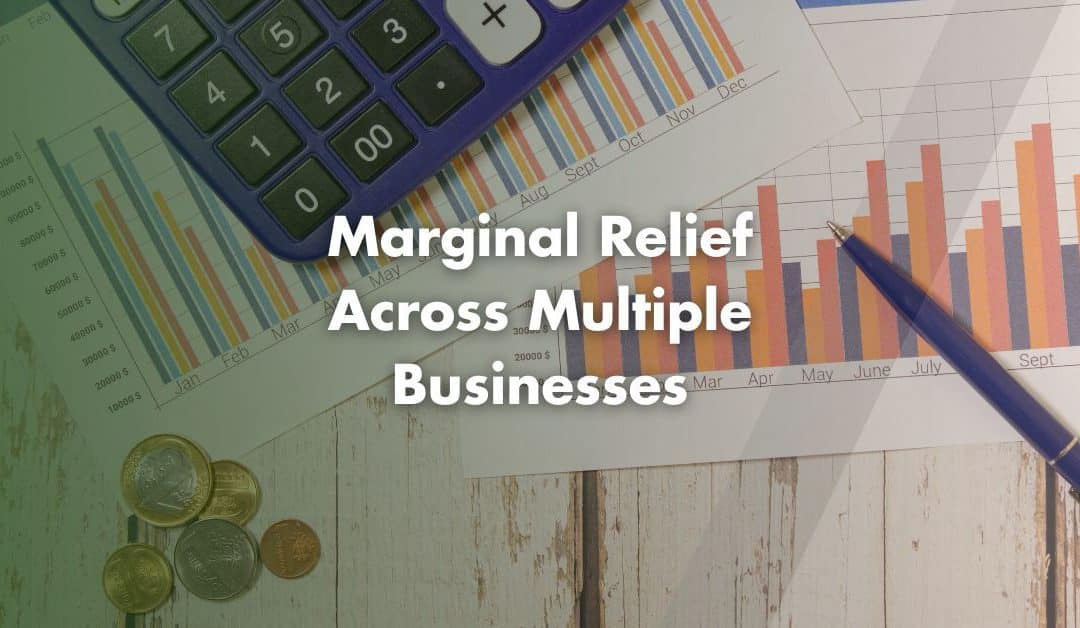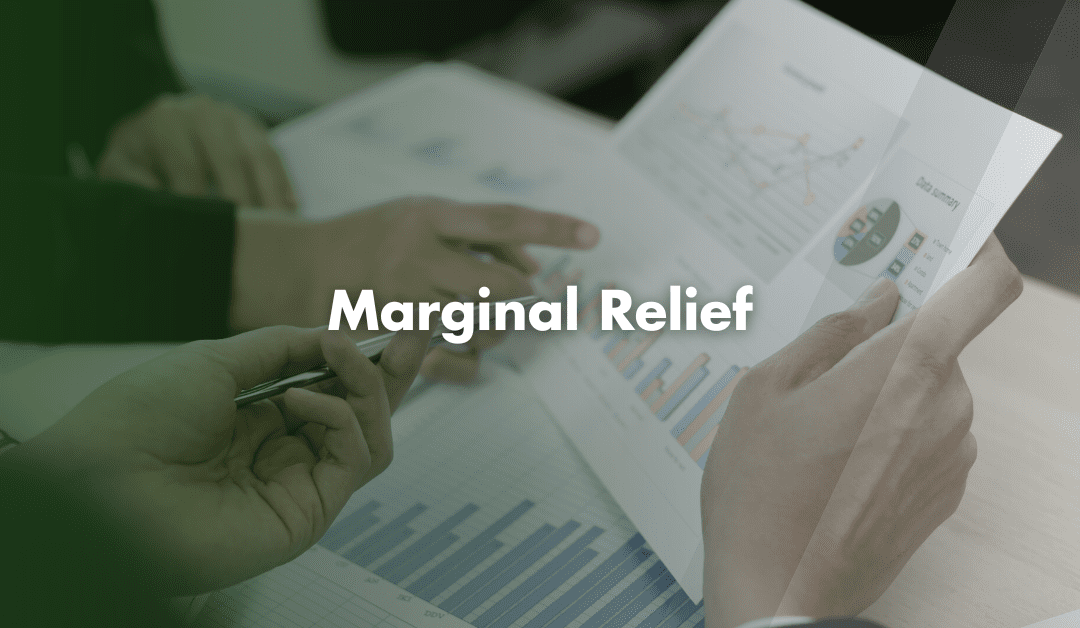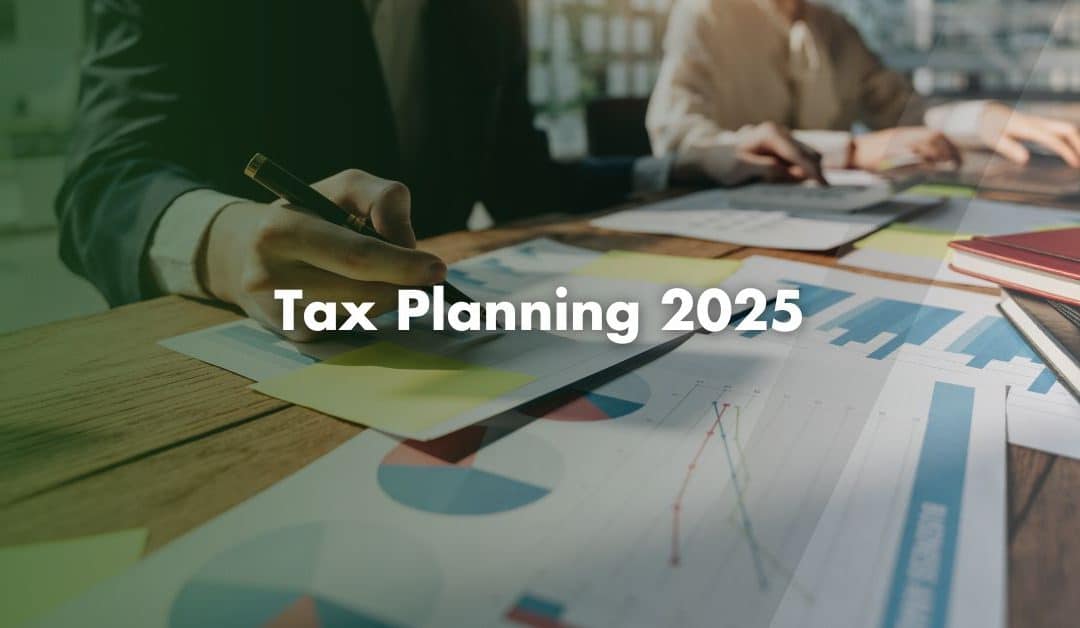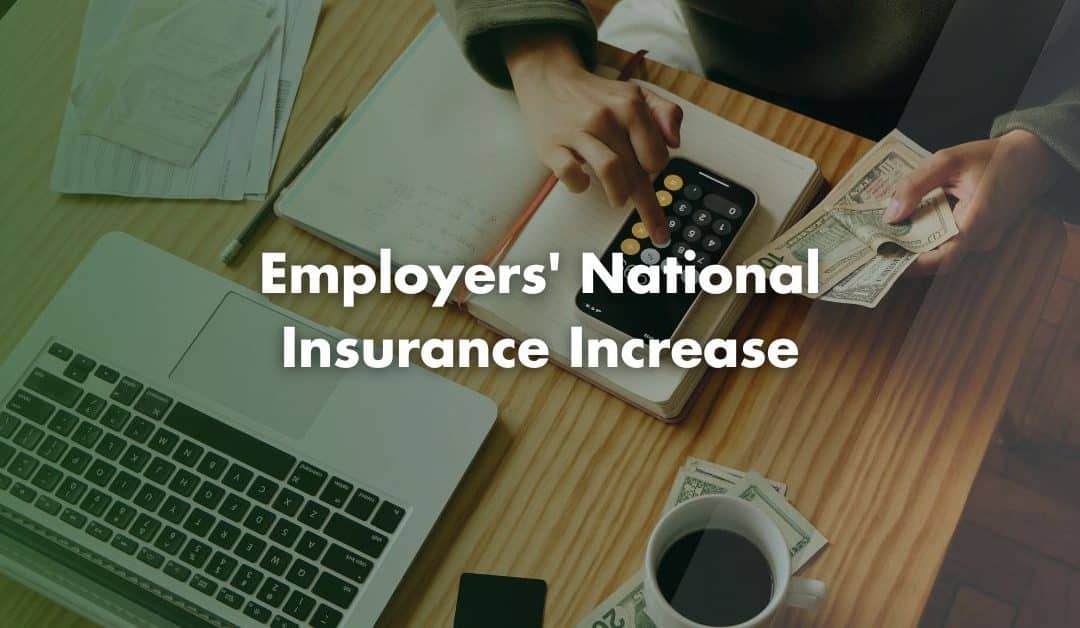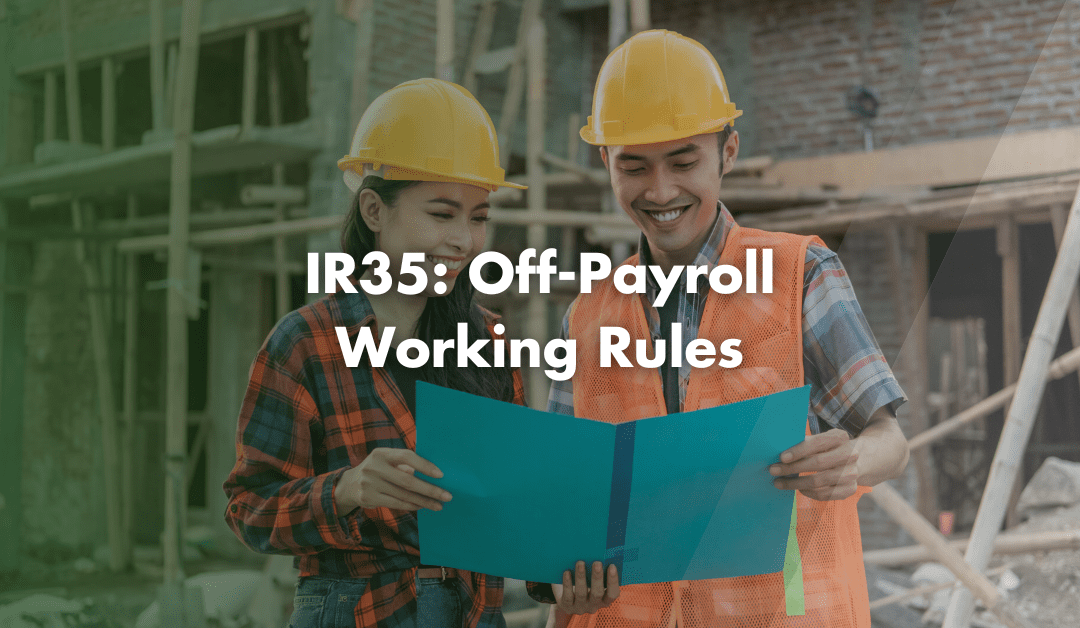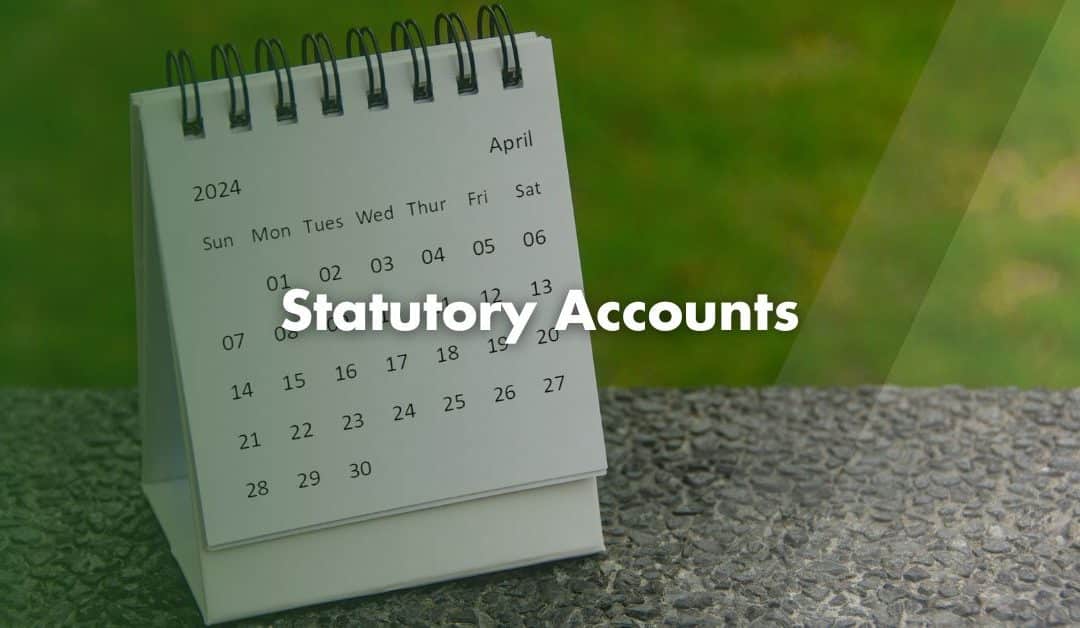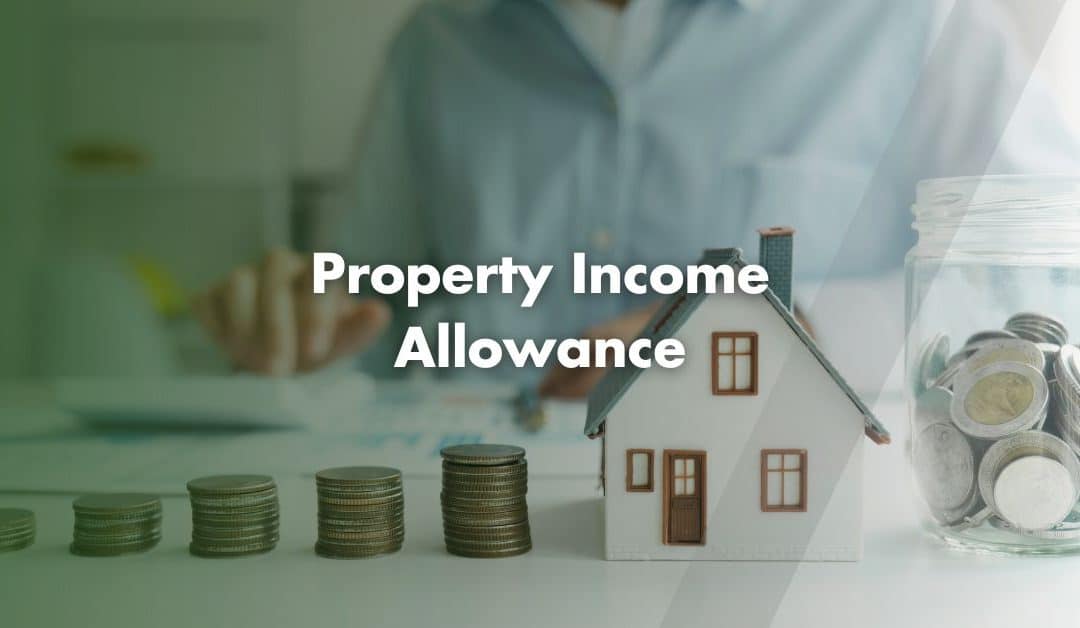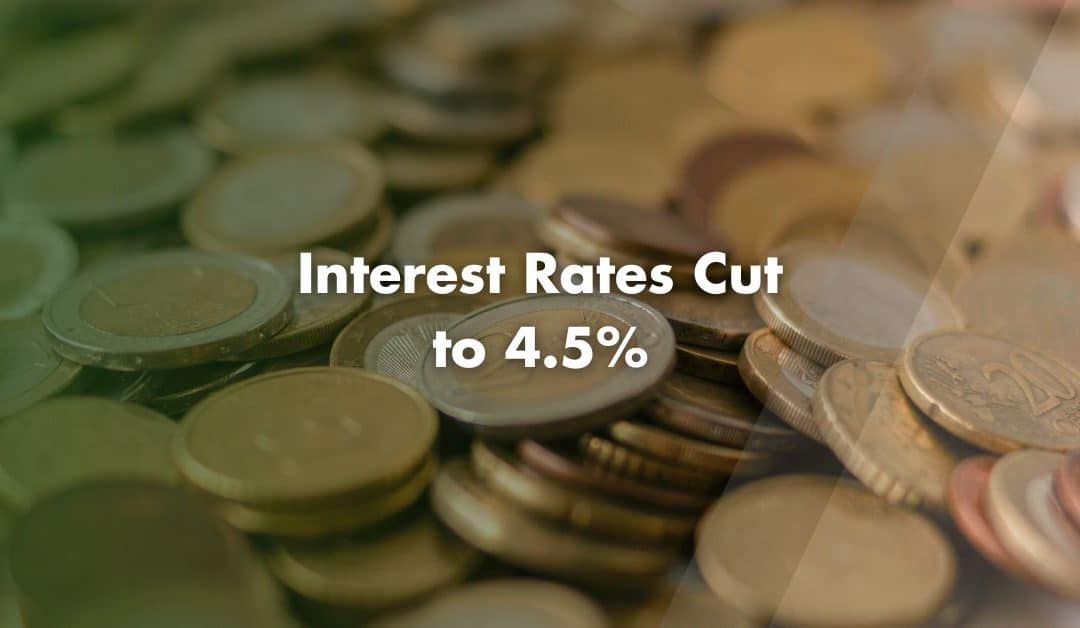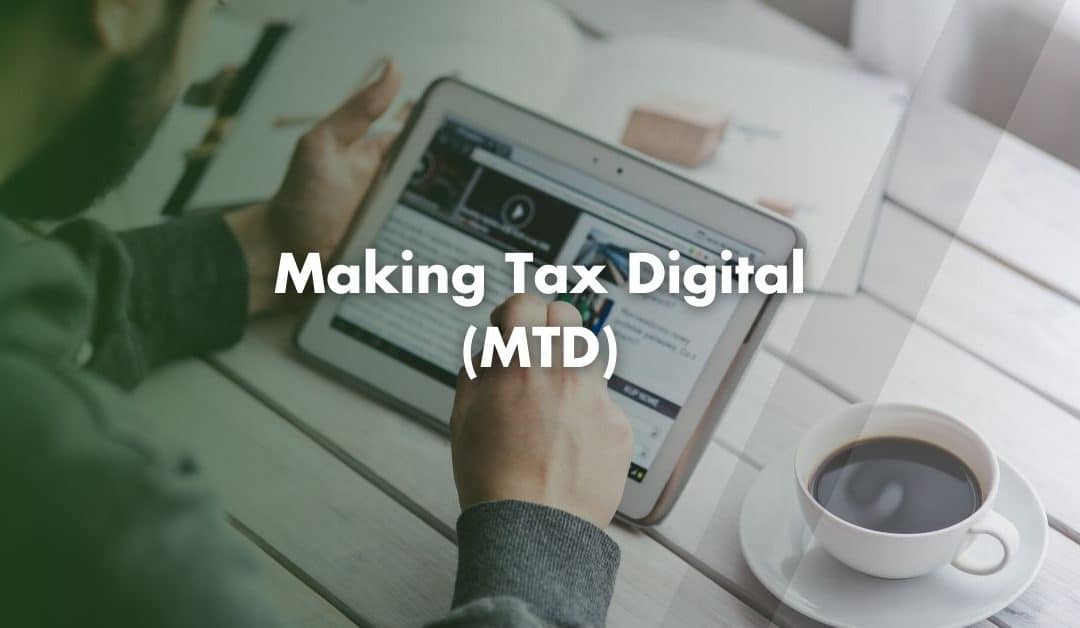
by Pi Accountancy | Apr 10, 2025 | Frequently Asked Questions, MTD
Making Tax Digital (MTD) is a government initiative to modernise the tax system by encouraging businesses, landlords and individuals to keep digital records and submit tax information using compatible software. The goal is to simplify tax compliance and ensure tax is...

by Pi Accountancy | Apr 8, 2025 | CIS
A CIS tax refund is the money HMRC returns to subcontractors who have overpaid their tax through the Construction Industry Scheme. If you are registered under CIS, contractors deduct 20% from your payments. If you are not registered, they deduct 30%. These deductions...

by Pi Accountancy | Apr 2, 2025 | Director
As a director of a limited company in the UK, you have flexibility in how you pay yourself. The most tax-efficient approach is often a blend of salary and dividends. In this blog, we will explore the optimum director’s salary for 2025/26, helping you stay...

by Pi Accountancy | Mar 26, 2025 | The Budget
The Spring Statement 2025, introduced by Chancellor Rachel Reeves, comes with a strong focus on fiscal discipline, economic growth and government reform. New Fiscal Rules At the heart of the Spring Statement 2025, are two key fiscal rules: Balancing the budget by...

by Pi Accountancy | Mar 25, 2025 | The Budget
The UK Budget is a financial statement presented by the Chancellor of the Exchequer. It outlines the government’s economic plans, including taxation and spending changes. The decisions made in the Budget influence the economy, determine the level of public...

by Pi Accountancy | Mar 20, 2025 | Corporation Tax
Marginal Relief helps businesses with moderate profits pay less Corporation Tax. However, if you own multiple businesses, the Marginal Relief rules change. By knowing the rules, you can save your company money and avoid unexpected tax bills. What is Marginal Relief?...

by Pi Accountancy | Mar 19, 2025 | Director
As a company director, your Director’s National Insurance Contributions work slightly differently compared to regular employees. What is Director’s National Insurance? The National Insurance system requires individuals to make contributions to qualify for...

by Pi Accountancy | Mar 18, 2025 | Frequently Asked Questions
Marginal Relief is a tax relief scheme that helps companies reduce their Corporation Tax bill if their profits fall between certain thresholds. Since 1st April 2023, the UK Corporation tax System has introduced a gradual increase in tax rates for businesses with...

by Pi Accountancy | Mar 13, 2025 | Taxes
If you are a UK taxpayer, you will not have to pay tax on your lottery winnings. Whether you win a small sum or a jackpot, the entire amount is yours to keep. This applies to prizes won from the National Lottery, EuroMillions, scratch cards or any other legal lottery....

by Pi Accountancy | Mar 12, 2025 | Frequently Asked Questions
Gambling is popular in the UK, and like many other industries, it is subject to taxation. Whether you run a casino, offer online betting or operate a bingo hall, you need to understand Gambling Duty as to avoid penalties. What is Gambling Duty? Gambling Duty is a...

by Pi Accountancy | Mar 11, 2025 | Taxes
Betting on horse races is a cherished pastime in the UK. It also forms a significant part of the sports betting industry. The UK’s taxation system for horse race betting is simple and bettor-friendly. Unlike in some countries, punters do not have to worry about...

by Pi Accountancy | Mar 6, 2025 | Taxes
With the tax year ending on 5th April 2025, now is the time to review your finances and take advantage of tax-saving opportunities. You should take advantage of tax planning to reduce liabilities and benefit from tax reliefs before the 5th April 2025 deadline. 1....

by Pi Accountancy | Mar 5, 2025 | National Insurance
From 6th April 2025, there will be an increase to Employers’ National Insurance Contributions. These changes will impact businesses of all sizes, increasing payroll costs for many. The Upcoming Increase to Employers’ National Insurance Currently, employers...

by Pi Accountancy | Feb 27, 2025 | Business
From April 2025, changes to company size classifications will make financial reporting simpler for thousands of businesses. The Companies (Accounts and Reports) (Amendment and Transitional Provision) Regulations 2024 updates the the turnover and Balance Sheet limits...

by Pi Accountancy | Feb 26, 2025 | Payroll and Employment
The UK Government takes paying the National Minimum Wage (NMW) and the National Living Wage (NLW) seriously. HMRC has previously publicly named and shamed employers who fail to pay workers correctly, along with the appropriate fines and legal action. HMRC have also...

by Pi Accountancy | Feb 25, 2025 | Payroll and Employment
The Off-Payroll Working Rules, commonly known as IR35, ensure that contractors pay similar Income Tax and National Insurance as employees. These rules prevent individuals from working as “disguised employees”, meaning they benefit from self-employed tax...

by Pi Accountancy | Feb 19, 2025 | Frequently Asked Questions
Companies prepare Statutory Accounts as official financial reports at the end of every financial year. These accounts are mandatory under UK law and follow specific accounting standards. They offer shareholders, investors and other stakeholders a complete view of a...

by Pi Accountancy | Feb 18, 2025 | Frequently Asked Questions
A Director’s Loan Account, commonly abbreviated to DLA, records the money a company director borrows or lends to the company. It covers transactions outside of salary, dividends or reimbursed expenses. How Does a Director’s Loan Account Work? When you take...

by Pi Accountancy | Feb 13, 2025 | Allowances, Frequently Asked Questions, Property Landlords
HMRC introduced the Property Income Allowance as a tax exemption, which allows individuals to earn up to £1,000 per year from property-related income without paying tax or reporting it to HMRC. This applies to income from: Renting out a driveway or parking space...

by Pi Accountancy | Feb 12, 2025 | Allowances, Frequently Asked Questions, Self-Employed
HMRC introduced the Trading Income Allowance as a tax exemption, which allows individuals to earn up to £1,000 per year from self-employment or casual trading income without paying tax or reporting it to HMRC. This applies to income from: Selling goods online (Etsy,...

by Pi Accountancy | Feb 11, 2025 | General
The Bank of England has cut interest rates from 4.75% to 4.5%. This marks the lowest rate since June 2023 and the third cut in just over 6 months. While this move aims to support growth, it comes with both advantages and challenges. Why Have Interest Rates Been Cut to...

by Pi Accountancy | Feb 6, 2025 | HMRC
A Time to Pay arrangement is an agreement with HMRC to pay tax debts in instalments, rather than in one lump sum. This scheme covers most types of tax debts, including: Corporation Tax PAYE Self Assessment VAT You will make monthly payments via Direct Debit. While the...

by Pi Accountancy | Feb 5, 2025 | Frequently Asked Questions
Professional Clearance is the process of getting approval from a professional body or regulatory organisation to make sure all works follows the law, regulations and ethical standards. This process is especially relevant when an accountant or firm takes over from a...

by Pi Accountancy | Feb 4, 2025 | Frequently Asked Questions
When running a business, you need to understand which expenses you can deduct from your taxable profits. The phrase “Wholly and Exclusively” determines whether a business expense qualifies for tax relief. What Counts as Wholly and Exclusively? For an...


